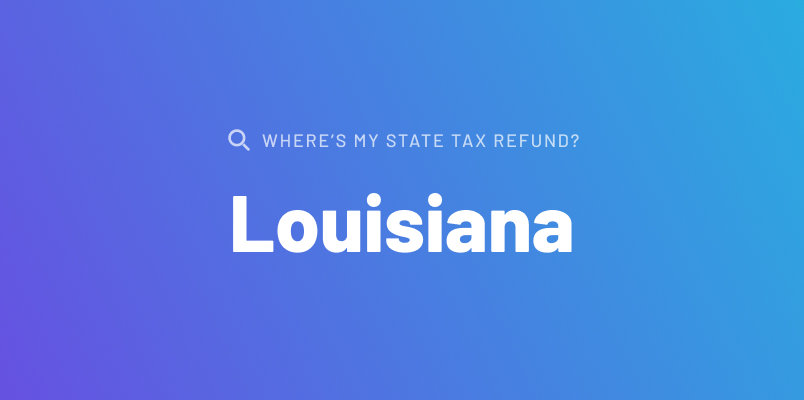Navigating the complex landscape of U.S. audit regulations has become increasingly challenging for audit professionals. With evolving standards from the Public Company Accounting Oversight Board (PCAOB), heightened scrutiny around documentation requirements, and emerging risks like cybersecurity threats, audit teams face mounting pressure to stay compliant while maintaining efficiency. The stakes have never been higher — regulatory missteps can result in significant penalties, damaged reputations, and lost client trust.
In this environment, clarity and verification are more than operational needs — they’re strategic assets.
To help audit professionals better understand these challenges and identify practical solutions, we sat down with Max Molteni, an Account Manager for Global Accounts at Thomson Reuters, to get his perspective on the most pressing concerns facing the industry today. From documentation standards to emerging technologies, Max shares insights on how firms can navigate this evolving regulatory environment while positioning themselves for success.
Audit foundations and regulatory frameworks
Thomson Reuters: How do regulatory requirements for audit documentation and evidence differ across the U.S., and what implications does this have for companies operating across these jurisdictions?
Max: “Audit documentation and evidence requirements vary significantly across jurisdictions. In the U.S., the Public Company Accounting Oversight Board (PCAOB) sets stringent standards for audit documentation, emphasizing detailed records that support audit conclusions. Differences in documentation standards can affect audit timelines, costs, and the overall audit process. Companies must ensure their audit teams are well-versed in these differences to avoid non-compliance and potential penalties.”
Thomson Reuters: What are the international standards on auditing?
Max: “The International Standards on Auditing (ISA) are developed by the International Auditing and Assurance Standards Board (IAASB) and serve as a global benchmark for auditing practices. These standards aim to enhance the quality and consistency of audits across borders, ensuring reliability and comparability of financial statements.”
Thomson Reuters: What are the key differences between national and global audit regulations?
Max: “National audit regulations often incorporate local legal, economic, and cultural considerations, leading to differences in implementation. While global standards like ISAs promote uniformity, national regulations may impose additional requirements to address specific domestic issues.”
For firms operating across multiple jurisdictions, understanding these nuances is about compliance and building operational resilience. The ability to adapt to varying regulatory expectations can streamline audits, reduce delays, and foster stronger relationships with stakeholders who value precision and accountability.
Current audit compliance challenges
Thomson Reuters: What are the most common challenges companies face when trying to comply with audit regulations in the U.S.?
Max: “Companies face several challenges in complying with audit regulations in the U.S. Firms must have documented processes and procedures accessible by audit staff. These processes are challenged by peer reviews, and subject to scrutiny by governing bodies (PCAOB ex.). Fraud remains a top concern, and confirmations play a huge role in verifying the accuracy of client financial statements.”
Thomson Reuters: Have there been any recent changes in audit regulations that companies should be aware of?
Max: “Yes, there have been recent and ongoing changes in U.S. audit regulations, particularly from the PCAOB and SEC, aiming to improve audit quality, adapt to new risks (ex. cybersecurity), and enhance investor protection. The PCAOB specifically has introduced changes aimed at improving auditor independence and reporting.”
As audit complexity grows, confirmations offer a way to simplify without compromising rigor. They help teams validate critical data points efficiently, reducing the burden of manual verification and enabling auditors to focus on higher-value analysis. In a world where speed and accuracy are both essential, confirmations can be a quiet force multiplier.
Solutions and strategic approaches
Thomson Reuters: What best practices would you recommend for companies to streamline their understanding of — and compliance with — audit regulations?
Max: “Audit firms should invest in continuous training for audit teams, ensuring they are up to date with the latest regulations. Implementing internal controls and audit management systems can enhance efficiency and accuracy. Thomson Reuters provides in depth guidance for various industry audits via PPC programs.”
Thomson Reuters: How can solutions from Thomson Reuters help companies navigate audit regulations more effectively?
Max: “Thomson Reuters offers comprehensive solutions that aid companies in managing audit compliance effectively. Their tools provide updates on regulatory changes, facilitate efficient documentation, and offer insights into best practices. Utilizing solutions like agentic AI (CoCounsel Audit), AuditWatch training courses, PPC audit guidance, and tools like Confirmation.com ensures staff is well trained, has access to the latest regulations/standards, and is using the most secure confirmation tools.”
Technology is reshaping the audit landscape, and confirmations are evolving alongside it. Secure digital platforms not only reduce the risk of fraud but also enhance the audit trail, making it easier to demonstrate compliance and respond to regulatory inquiries. These tools are becoming essential for firms that want to stay ahead of the curve.
Looking ahead: Future trends and preparation
Thomson Reuters: What future trends do you foresee in audit regulations, and how should companies prepare for them?
Max: “Audit regulations are likely to evolve with technological advancements and increasing demands for transparency. Companies should prepare for heightened scrutiny on environmental, social, and governance factors. The growth of digital currencies and further reliance on the blockchain will force audit firms to keep an eye on developing trends. AI is quickly giving firms a competitive edge to those willing to lean into the application of the latest technology.”
As the audit profession embraces innovation, confirmations will continue to play a foundational role. Their ability to provide verified, third-party evidence aligns perfectly with the growing emphasis on data integrity and accountability. In a future shaped by AI and blockchain, confirmations may become even more critical to maintaining trust.
Partner with Thomson Reuters for audit confidence
As audit regulations continue to evolve and compliance requirements become more complex, having the right partner makes all the difference. Thomson Reuters stands as your trusted solution provider, offering comprehensive tools and expertise to help you navigate today’s regulatory landscape with confidence.
Ready to safeguard your firm against regulatory risks while streamlining your audit processes? Learn more about how Thomson Reuters can support your success by attending our “Safeguarding your firm: The importance of third-party confirmations” webcast, where you’ll discover practical strategies for maintaining compliance in an evolving regulatory environment. Additionally, explore Thomson Reuters Confirmation — our secure, efficient solution for managing audit confirmations that helps ensure accuracy while reducing risk.






.jpg)


















